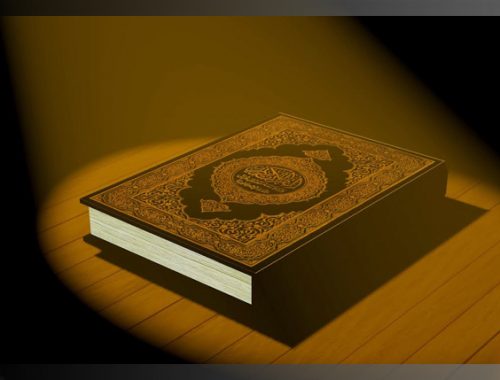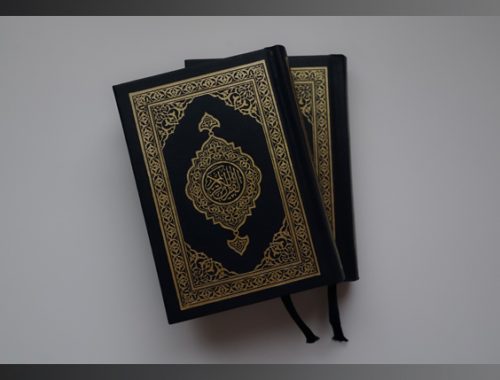
THE CONCEPT OF SUNNA
ARAB CUSTOMS CONSIDERED TO BE SUNNA
The greater part of sunnas consists of sayings falsely attributed to the Prophet. The remaining part has nothing to do with religion in that they are the customs of the Arabs that the Prophet also practiced, such as wearing a robe with full sleeves and long skirts, eating squash and having meals seated on the ground. These customs were also practiced by Abu Jahil, an enemy of the Prophet against whom he had fought. Some of these practices were due to the prevailing climate, some were from common usage, and some were due to the vegetation of the area.. Seeking an additional reward for such supposedly pious attitude in such acts would be supplementing the Quran with things that are not within its scope. To say that acting in the way the Prophet is said to have acted would be meritorious, far from being a sin, it would not neutralize the error committed. Another reason for such inventions is the consideration of the companions of the Prophet (even of those who had had the privilege of having glanced at the Prophet only once in their lifetime) to be unimpeachable and of putting their movements on the same level as those of the Prophet. If we take into consideration the errors that are made in the interpretations and deviations, those mistakes ascribed to the Prophet and his companions, the chaos that results is immeasurable. Today the word sunna generally applies to the ways of the Prophet. The hadith books, however, refer to some of the sunnas in places like Madina, Kufe and Basra where the companions dwelled.
One writer criticizes these acts in the following manner: “I can’t see a more stupid act than the servile imitation of other people’s manners. Whether you eat seated or at the table makes no difference. Abu Lahab may well have eaten his meal seated. This is the custom of the Arab people. This is just one of the instances of the apish attitude adopted by communities. We must be able to sort out what is prescribed in the Quran as religion and the customs of foreign communities that have infiltrated our community in the course of centuries that have gone by. Unless this is achieved, the world of Islam will not have respite. We must note however that behind such blind acceptance of certain data there lie other considerations. For, when the waters are troubled, one cannot see clearly what is in the depths. The poisonous snakes that lurk there must be concealed so that a certain class of opportunists profit of it. One may well go ahead and get fish from the same water unaware of the existence of the poisonous snake in the depths. The reactionary bigot is not the main culprit, mind you! They are but baits at the end of the hook. The profiteers in this trade happen to be those who consider religion a trading asset. The culprits are the international centers hostile to Islam. The best way to remove Islam from the state would be to give it an unseemly aspect. And bigotry is best suited to this way of disparaging Islam. In vain do we raise a hue and cry not to be caught in this trap. They pay no attention to our warnings and sink deeper and deeper in the marshes.”
Turn to the First Page of the Article/
PAGE 3: FAREWELL SERMON
PAGE 4: THE QURAN ALSO INCLUDES THE SUNNA

ARAB NATIONALISM

RELIGIOUS ORDERS
You May Also Like

RELIGION PROFESSED IN THE QURAN
2:59 pm
MARIFATNAME, AN EXEMPLARY BOOK,PROTOTYPE OF LUDICROUS SCHOLARSHIP!
12:30 pm